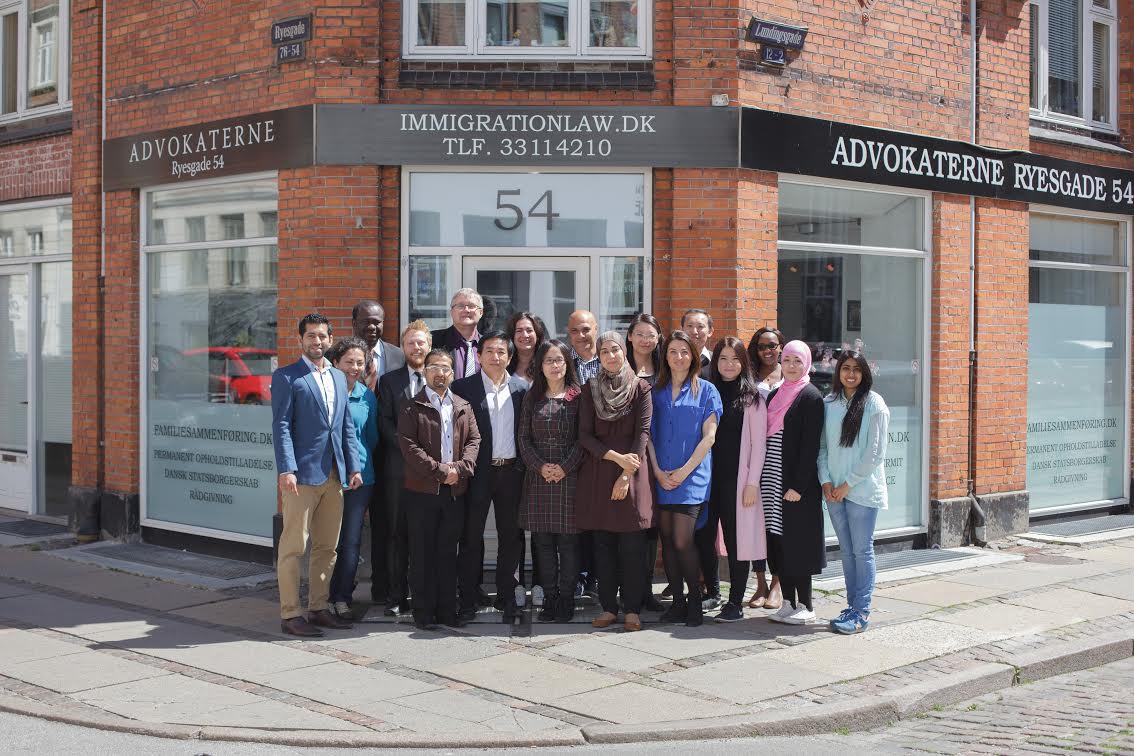The government’s new plan to make it less attractive for asylum-seekers to come to Denmark has come under heavy fire from the prominent immigration lawyer Aage Kramp.
The government’s bid to save a billion kroner by slicing the benefits for asylum-seekers arriving to Denmark means it will become virtually impossible for asylum-seekers to make ends meet, Kramp contended.
“For many this will make it impossible to be able to both pay rent in the cities and have money enough for food and clothes for themselves and their children,” Kramp told the Copenhagen Post.
“The amount of support is linked to the amount that students in Denmark can get for studying, but without giving the immigrants the same possibilities of supplementing [their income] with substantial special cheap loans from the state that the students in Denmark are entitled to and make use of for covering expenses.”
Students also have access to benefits such as cheaper transport and access to more affordable housing, something that the refugees will not be given.
Yesterday, the new Venstre-led government revealed a new law that would almost halve the integration benefits given to asylum-seekers arriving in Denmark, and the nation’s new immigration and integration minister, Inger Støjberg, said that the public could expect a further tightening up later this year.
READ MORE: Government unveils tougher asylum proposal
Language problems
The agreement means that single asylum-seekers without dependants will in future receive 5,945 kroner per month before tax in integration benefits, instead of the 10,849 kroner they are currently entitled to.
Benefits for married couples with children were also cut considerably: from 28,832 kroner per month to 16,638 kroner.
The government’s decision to insist on immigrants having to complete the more difficult Danish proficiency exam PD2 (Prøve i Dansk 2) – as opposed to the current PD1 – in order to receive an extra bonus of 1,500 kroner per month, has also drawn criticism from Kramp.
“This demand for a higher standard of Danish means that for many refugees the time they will have to learn Danish sufficiently enough to get the benefit will be substantially prolonged, and it will take a longer time before they will be able to start work – contrary to the arguments for proposing the law.”
Kramp went on to urge all applicants for family reunification, permanent residence and citizenship to get moving on their application before the new laws come into effect, possibly retroactively.














